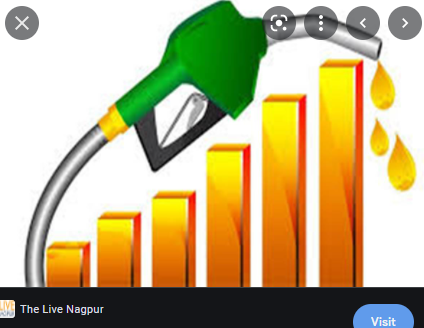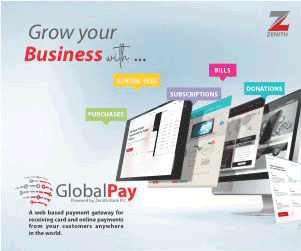Fuel price may rise more than 110%, far above current N162 per litre
By Jeph Ajobaju, Chief Copy Editor
Fuel price may rise beyond projected 110 per cent to well above N340 per litre in February 2022 when Abuja removes subsidy as advocated by the World Bank and International Monetary Fund (IMF) to free up funds for infrastructure investment.
Nigerian National Petroleum Corporation (NNPC) Group Managing Director, Mele Kyari, reiterated at a World Bank event in Abuja in November that subsidy, originally planned to end this year, will now end in the first quarter of 2022.
He said petrol, currently sold at between N162 and N165 per litre, would cost between N320 and N340 without subsidy.
The NNPC has been the sole importer of refined petroleum products for four years as private sector marketers stopped importation because they could not access foreign exchange (forex) in dollars.
Independent and major oil marketers told The PUNCH they will resume imports once subsidy ends but fear that forex fluctuations may push the price far above the projected N340 per litre.
Independent Petroleum Marketers Association of Nigeria (IPMAN) and Petroleum Products Retail Outlets Owners Association of Nigeria (PETROAN) explained that they buy from depots before selling to final consumers at their retail outlets.
__________________________________________________________________
Related articles:
End CBN loans, lift the poor, World Bank tells Abuja
Subsidy on fuel may notch up to N3tr in 2022
Fuel price rises as NPA asks marketers to pay in dollars
Fuel import skyrockets nearly 800% to N782b
__________________________________________________________________
Abubakar Maigandi (IPMAN National Vice President)
“Yes, if there is no subsidy, some marketers can import, but the only thing is that it will be costly. The price will be higher than the projected cost because of the exchange rate.
“The challenge of accessing forex will definitely affect imports because over 90 per cent of petrol that will be consumed across the country will depend on importation. Also this is because the refineries are not functioning.”
Officer Ukadike (IPMAN National Public Relations Officer)
“If the federal government says there is no going back on subsidy removal this time round, which is a challenge that has dragged on for about 30 years, then it means that they are going to liberalise the market.
“By liberalising the market it will now help independent and major marketers to be able to freely import petroleum products from any source so that products will be available in Nigeria.
“However, it is pertinent to note the forces of demand and supply will determine the price of the commodity in Nigeria. So literally, whatever the dollar rate is in the international and local markets will pose the actual challenge to marketers.
“The issue of black market and official exchange rates is a serious challenge that we foresee.
“But we believe that the federal government is doing something by meeting with the bureau de change operators on this, so that whatever is obtainable at the banks is what you get in the open market.”
“Aside from the adverse effects of the removal of subsidy on the wellbeing of Nigerians, we will, of course, see a price that is higher than what they project.
“The price will be higher. It will be higher because the dollar to a large extent determines the price of petroleum products. If the dollar goes up, the price of petrol will increase, and vice versa.”
Billy Gillis-Harry (PETROAN President)
“At PETROAN we already have a vehicle that is in place to start importation petroleum products, gas and other products. We encourage the government to completely remove subsidy.
“Every single thing about petroleum products should be premised on the forces of the market. The forces of demand and supply should determine the price.”
Garba-Deen Muhammad (NNPC spokesperson)
“Price issues are policy matters. NNPC does not fix price, it has no mandate. It operates in the sector as a business concern governed by CAMA [Companies and Allied Matters Act] laws.”







